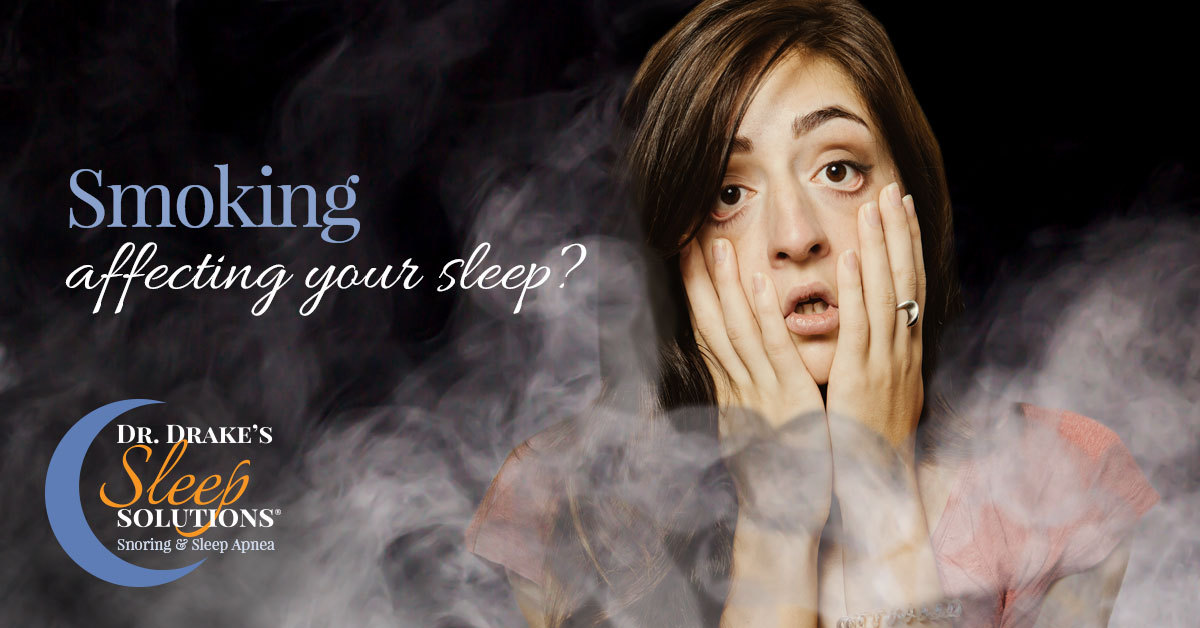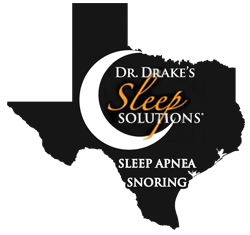16 Aug Smoking with Sleep Apnea

Sleep Apnea and Obstructive Sleep Apnea (OSA) can effect anyone, and when it comes to its victims, no one is immune. This condition causes symptoms such as snoring, interrupted sleep, and daytime drowsiness in a never-ending cycle. Unfortunately, sleep apnea is becoming an increasing problem for a certain percentage of the population: smokers.
When compared to non-smokers, those who smoke are at a higher risk of suffering from sleep apnea. Studies have shown that smokers are three times more likely to develop OSA than those who avoid cigarettes. When you smoke, it can cause irritation to the tissues in the nose and throat, as well as cause inflammation and fluid retention in the upper airway. This inflammation creates blockages that interfere with airflow.
Individually, sleep apnea and smoking can produce a variety of cardiovascular and respiratory health problems. OSA has the ability to lead to strokes and heart disease, and smoking can escalate the chances of developing mouth, throat, and lung cancer. When combined, the deadly conditions will impair your quality of life and severely reduce your life span.
In order to effectively treat sleep apnea in patients, it is crucial that they cease all smoking habits as soon as possible. Unfortunately, like sleep apnea treatment, quitting smoking is a process. Because of nicotine’s addictive properties, many sleep apnea victims have delayed effective treatment due to their smoking habits. However, the sooner a patient stops smoking, the sooner they will be able to experience quality sleep.
With the use of one of Dr. Drake’s multiple sleep devices, successful treatment is possible. If a victim of sleep apnea who smokes is genuinely striving to find relief, quitting smoking is an important first step. While ending the habit will not rid the patient of sleep apnea’s symptoms, it will make the treatments much more effective and worthwhile.
Start the path to a healthier life today. If you or someone you know is smoking and suffering from sleep apnea, contact Dr. Drake immediately to discuss treatment options for the rest you deserve.


